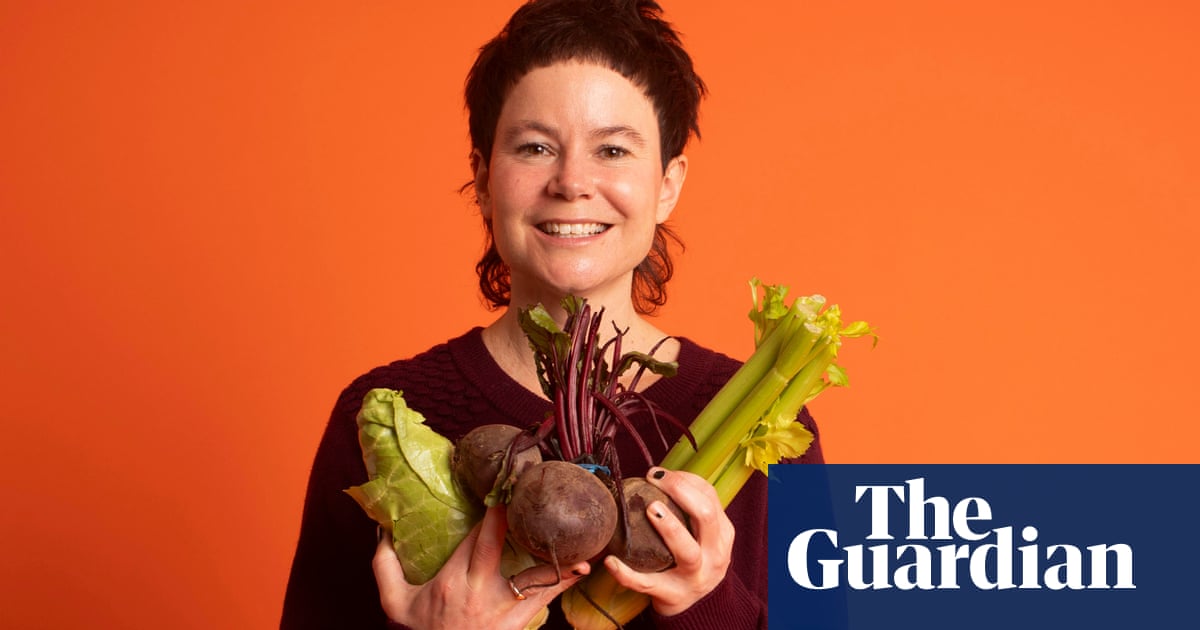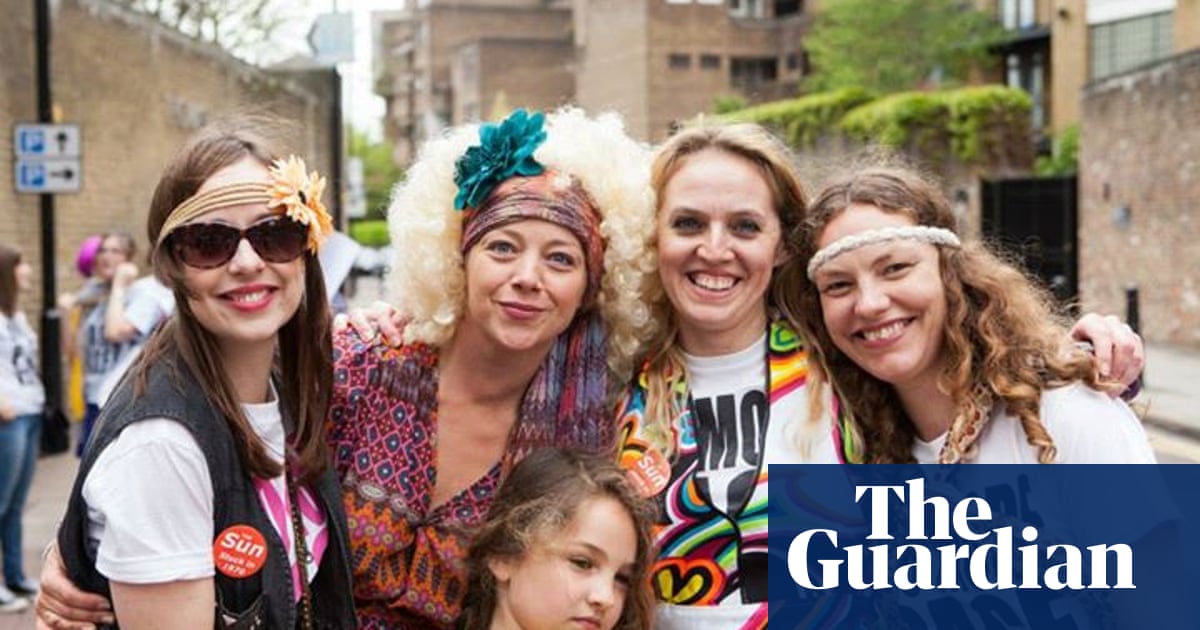
“The two things that you usually hear are silence and sirens. It’s a haunting sound and it’s almost as if you’re in a war,” Ian McKinley says as he begins to explain the impact of the lockdown in Italy which began on 9 March and will now continue for at least another three weeks. McKinley, the Irish rugby player who lost the sight in his left eye when he was raked at the bottom of a ruck in Dublin in 2010, understands adversity.
The 30-year-old also understands better than most how you come back from uncertain times. Having been forced into retirement he took a chance in 2012 and accepted an offer to do some informal coaching in a small Italian city, Udine, near the Slovenian border. Neither he nor his girlfriend, Cordelia, who is now his wife, could speak any Italian but they adapted. Then, with the help of his brother, McKinley decided to try to play rugby again while wearing specially designed goggles which could protect his eyes. Slowly, but with inspirational determination, McKinley came back to professional rugby – with such impact that he has played nine Tests for Italy at fly-half.
McKinley and his wife now live in Treviso, in northern Italy, close to the area that has been hit so severely by Covid-19. He is engaging and intelligent – and also a compelling witness to the Italian lockdown. Britain and Ireland are weeks behind Italy, both in terms of facing the worst of the pandemic, and also in coping with such stringent self‑isolation. Hearing his calm voice from Treviso, and seeing his wry and wistful expressions on my laptop screen, McKinley is like a guide from the future. Amid the ghostly life he has lived the past six weeks, and the continuing worry, he has found hope and light.
“We’ve been in a lockdown for over a month now and thankfully the silence and the sirens have subsided somewhat. It’s become a bit better the past few days. The numbers are going down a little. But it still feels very surreal to have gone from living your life to the fullest, being involved with lots of things, to basically zero. You can only walk around if you have a pet to exercise and so we’re lucky we have a little dog. We’re allowed out once a day to walk the dog and there’s no one around. This little city I live in is not like Dublin or London – but 70,000 people still live here. And it’s completely dead.
“You still need a certificate if you go out. The only other thing you can do is get to the shops for food. Two of you cannot go shopping together. If you’re in a car of two people, the police have every right to pull you over and if you don’t have the correct certificate you could be in trouble. It’s been hard for people with children. It seems crazy you can take your dog out for a walk but not your children. But over the last week, people with no garden can go 200m [from] their property to try and find something. It’s not a massive area in comparison to Ireland, where it’s 2km. But at least it gives people some availability to manoeuvre, particularly in the city centre. If you live in an apartment, like we do, it’s very difficult to find a park.”
The curbing of freedom is working, slowly, even if the death rate is still distressing. “It’s well over 19,000 now,” McKinley says, “but the rate of deaths per day is going down. The rate of infection is going down. That’s all you can do – try and find something positive in this mad pandemic. Time will tell which measures have been most effective. It seems as if the UK started out doing things differently and now the lockdown is maybe not being followed as closely as in Italy.”
Britain has now passed the highest daily death rate suffered in both Italy and Spain. “The measures that have been taken by the Italian government have been heavily criticised by a lot of people,” McKinley says, “but they’ve worked pretty well. I think they’ve acted in the best way they could have.”
It’s also helped that, from the outset, virtually all Italians have adhered to the rigorous lockdown while avoiding the kind of panic buying that accompanied the UK’s initial response. “A huge amount of credit has to go to the Italian people because there’s been no panic buying. We’ve not had any toilet paper wars here. Certain things like flour and eggs are a bit lower than normal. But it’s never got to a stage where people are fighting over things. When people are backed into a corner, and there’s a lot of adversity, you definitely get a sense of community spirit in Italy, of making sure that each person is OK. People are pulling together and wanting to keep each other strong to try and get through this.”
McKinley praises the way in which his club, Benetton, have tried to look after their players remotely but is he worried about pay cuts? “There is uncertainty. I would be happy to give an answer if I knew. But I really don’t. I just know that many people – friends, family members and even my wife now – have lost their jobs. I’m sure whenever that bridge needs to be crossed [in terms of his own contract], we’ll cross it. But for the time being we’re just riding this out and making sure we get through it a day at a time.”
His own situation feels more precarious because, as McKinley admits, “I haven’t played many games this year. The difference with Italian clubs in relation to British and Irish rugby is that there are no second teams. We’re a squad of 52 and only 23 people go out on to a rugby field to play. It’s been a bit up and down for me this year.
“So, yeah, this virus has thrown a spanner in the works. I have a contract this year with Benetton – but we can’t say what will happen next season because people can’t commit to anything. When you’re cooped up in a house for months you can definitely think of the worst-case scenario. Or you can look at it as a good break for your body and time to reflect on what’s really important. In terms of pay cuts I’m sure players will not begrudge that because this is just such a huge issue.”
McKinley has obviously come through testing times before. “My life was turned upside down in 2010 with the eye injury. And then, ultimately, when I made the decision in 2011 to retire. I moved to Udine when I was 22 and not knowing the language is tricky. You certainly learn a lot about yourself. You basically sink or swim in those situations. I adapted so I’m forever grateful I made the decision to come over. I’ve made friends for life. Thankfully from the work side of things it’s worked out really well. I’m also very fortunate to have two homes because my family are back in Ireland. But my wife and I have created a home in Italy.”
He laughs when saying that he often dreams in Italian now. But McKinley pauses when I ask if Italy has changed him as a person. “That’s a very good question. I think it has. Absolutely. People have said to me: ‘You were on course for this great career in Ireland,’ and I was dealt that hand. Other people are dealt their hand and they have to get through whatever problems they’ve faced. For me, it’s opened up the world. So for example, working with the Laureus organisation in so many different areas of Italy has made me see how they use sport against violence, discrimination and disadvantage around the world. Now we’re at a standstill Laureus is working closely with 200 sports and their development programmes globally to ensure they get support during the pandemic.
“So, going back to your question about change through adversity, I would not be speaking Italian if I was still living in Ireland. I would not have been exposed to everything that has been so positive for me in Italy. I certainly appreciate things a lot more. I want to win rugby games and trophies, of course, but when you step back and think about what’s important in life, you get a real perspective. I still want to perform at the highest level but so much else matters more.”
Thousands of young rugby players around the world wear the goggles that McKinley helped pioneer – and he is contacted regularly by partially sighted people who still want to succeed in sport. “I get messages weekly from people who have had similar injuries or problems to mine. That’s incredible. And knowing that 2,000 people around the world are using rugby goggles is wonderful. The idea of the goggles were in the pipeline but my brother Phillip put me in touch with Johnny Merrigan, an Irish design student, who is a very important part of this story. Myself, Phillip and Johnny got together and basically pushed the product over the line. The manufacturing company obviously take the plaudits because they’ve produced the goggles.”
Has McKinley made anything out of the idea? “No. I’ve never received one cent. But I was just happy when [the All Blacks’] Ardie Savea started using them. You can’t get a bigger name than him. I think being educated on the matter counts most. Like Covid-19, not many people knew about it. Now everyone seems to have read up on it. It’s just getting the message out and educating people. But it is a constant work in progress.”
McKinley would like to move into coaching once his playing career ends. “Even when I stopped playing the first time I wanted to become a coach. I still have that passion. I really enjoy seeing players grow and develop because rugby is a wonderful sport for inclusion. I’ve had two years of coaching experience, from when I first came to Italy, and I loved it.”
In the meantime, like the rest of us, McKinley has to wait and hope that he and his family and all those he cares about survive the coronavirus crisis. “It’s difficult,” he agrees. “You go through good days and bad days. For us, it’s a very small sacrifice to sit in our nice apartments, with modern technology, and wait it out. There are people out there on the front line, fighting it every day. So we just need to stay home and follow the guidelines.”
When I suggest that even the first time he gets tackled hard on the training field will feel good, McKinley grins. “Depends who it’s from. But the little things in life that you take for granted are going to seem sweet. To walk down to a coffee shop, and just talk to the people you know, your friends and rugby mates, will feel very special. But everybody is in the same boat. It helps to know that the vast majority of the human population is in this together.”
Ian McKinley and Laureus encourage everyone to stay home, stay safe and stay healthy.












